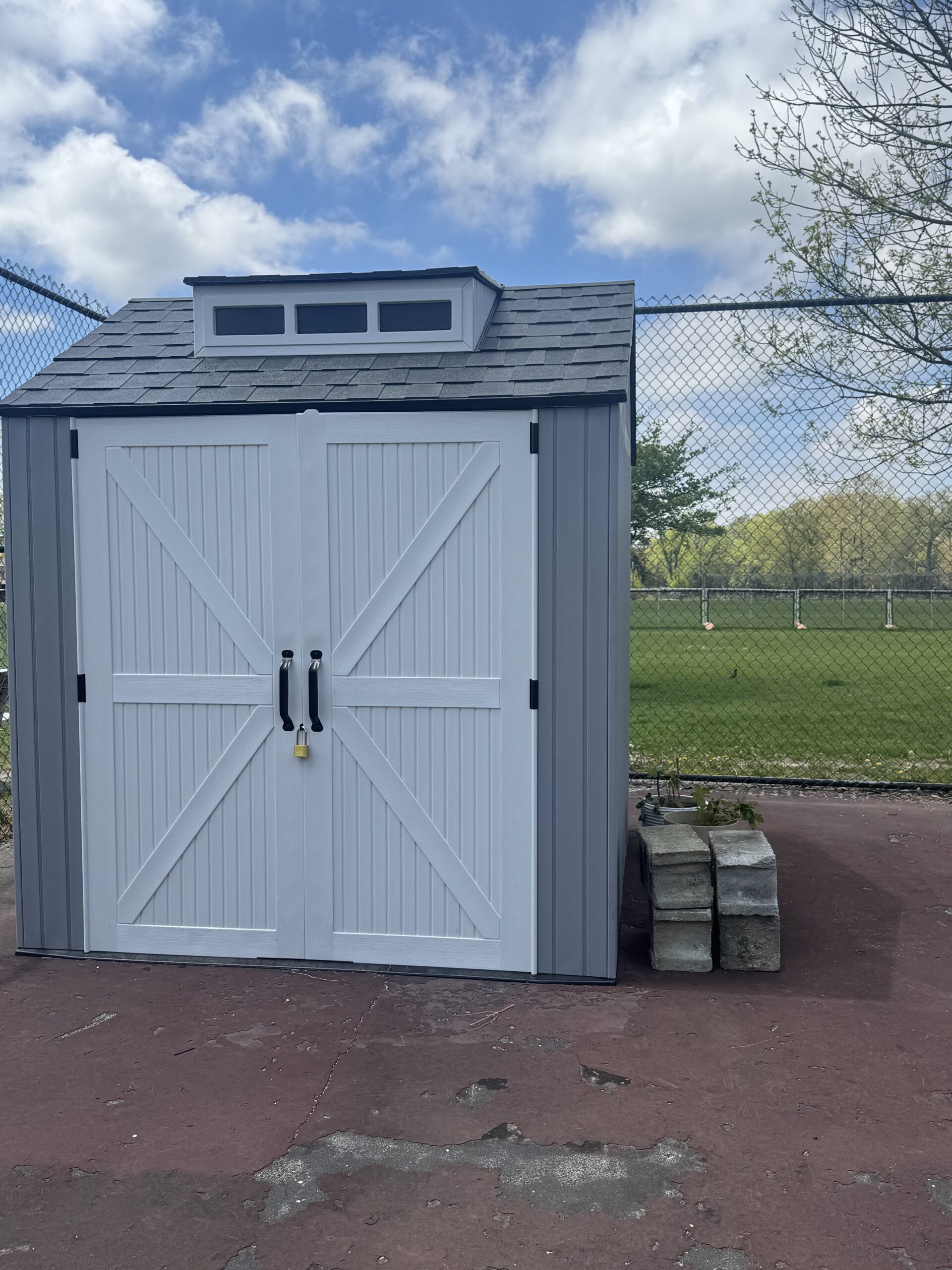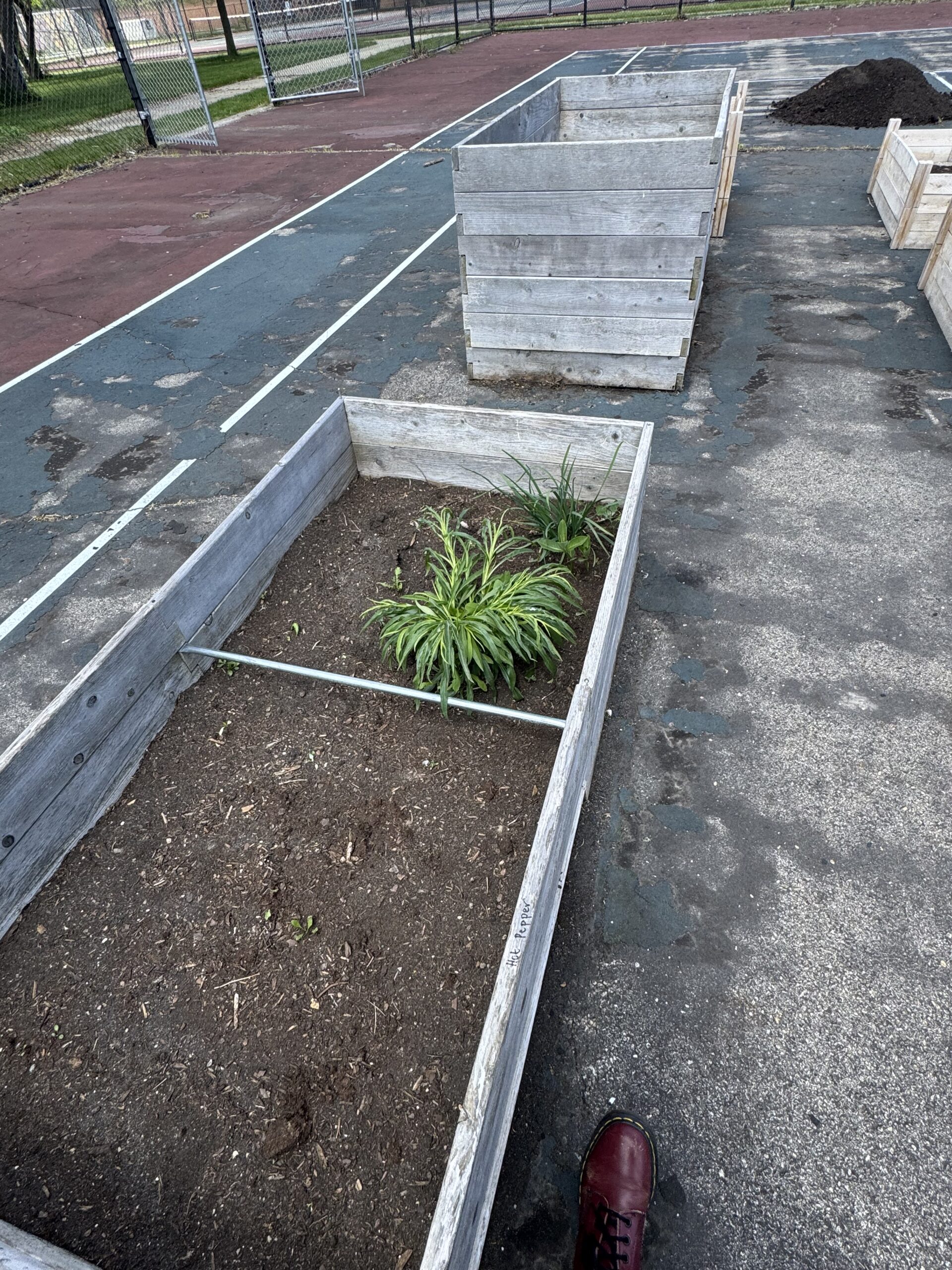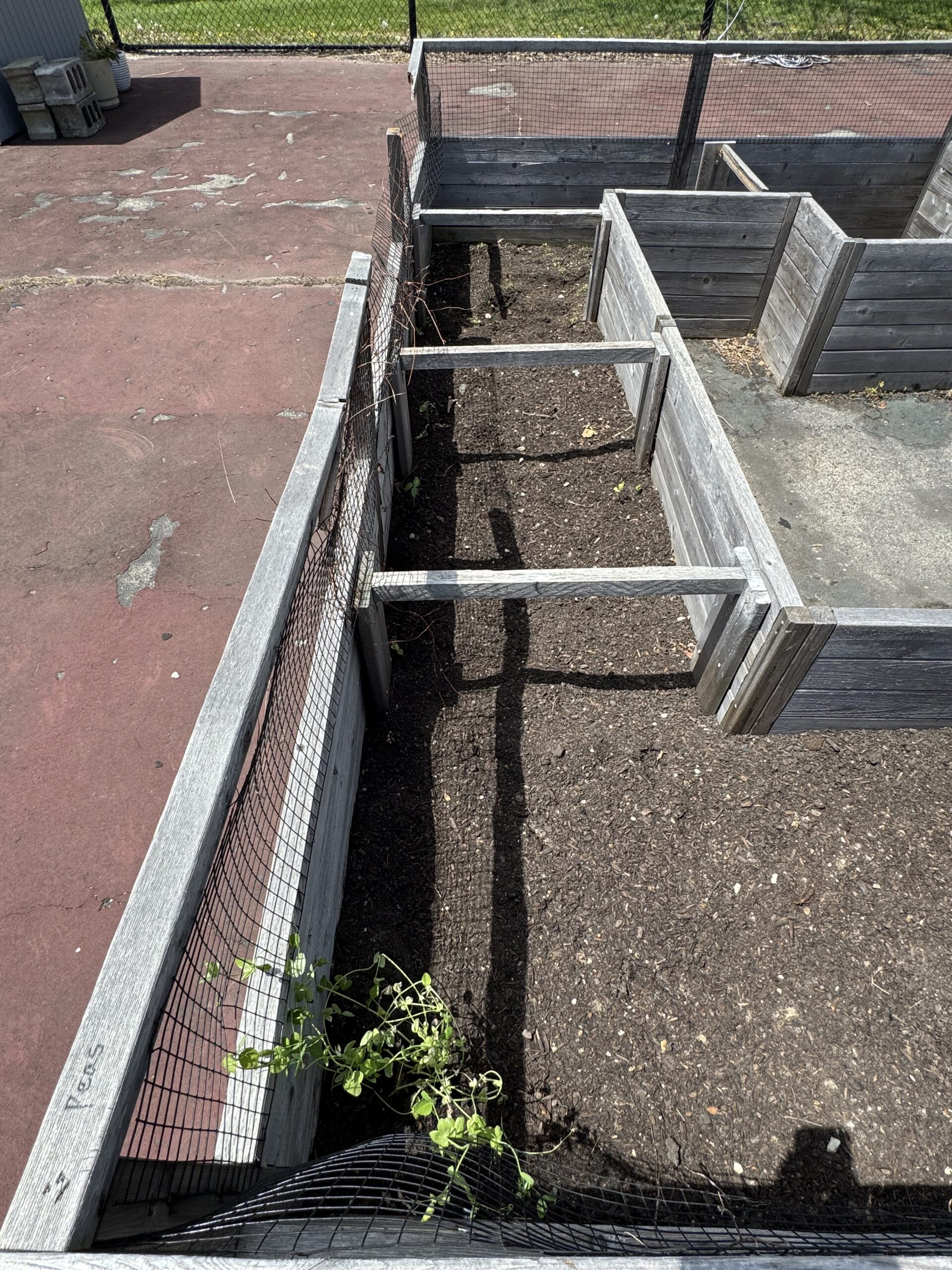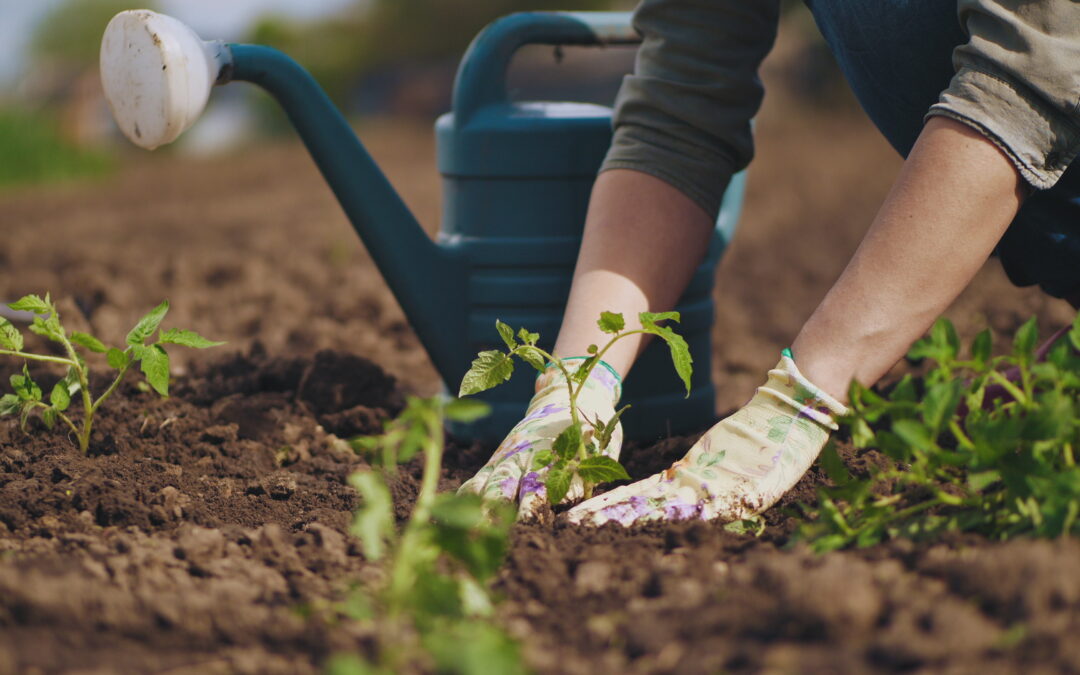The Changemakers Fellowship is more than a leadership development program. It’s an invitation for undergraduate students to step into real advocacy and make meaningful change on their campuses. It’s an invitation for undergraduate students to step into real advocacy and make meaningful change to address basic needs insecurity on their campuses. Created as part of the Great Lakes FAST Fund Consortium, the fellowship offers weekly training from Believe in Students, hands-on experience in peer-to-peer outreach, and opportunities to lead campus-based projects to tackle basic needs challenges head-on. Through her project to revitalize a long-abandoned garden space, Caitlin helped transform a patch of campus into a sustainable source of fresh food, care, and community. Check out her reflections on the process, the impact of the fellowship, and what it means to turn a vision into action.
Through the fellowship, our team decided to focus on college basic needs food insecurity. This decision came about because of how much inaccessibility to nutritious food affects a plethora of other things such as the ability to focus on school, personal endeavors, mental, emotional and physical health. The fact of the matter is that if students don’t have access to nutritious foods, how can they have the energy to focus on school?
We were very inspired by other campuses taking the initiative to grow their own food and give it back to the students—hence why we decided a community garden would be the most efficient way to execute our goals.
We were looking into various ways that we could obtain the funding and resources necessary for the garden when I got an email in November about NEIU’s Green Fee asking for proposals for sustainable projects. At NEIU we have this Green Fee that takes a little bit of money from every student’s tuition to the point where they have a large sum of money to be able to do these kinds of projects. I thought this was a perfect opportunity for building the garden, so my team and I drafted a proposal that included an estimated budget, prices of what we need, how this garden will benefit the campus and students, and our goals.



There was a proposal hearing in December where we first delivered our proposal to the Green Fee committee, and then we were asked to write a final proposal given their feedback. The final proposal hearing was in February, and after all of that hard work we recieved news that several thousand dollars were allocated for our project! We ended up deciding to direct our efforts toward revitalizing the abandoned garden on St. Louis Avenue near NEIU’s tennis courts, which worked out wonderfully. We started working together with the Green Conservation Group on gathering what supplies we needed, possible vendors, and ordering everything. I ended up joining the group as a result of this project!
Once everything was ordered we were able to work on cleaning the space and getting it ready for use. Some folks in the Green Conservation Group were already growing various seeds so by the time the weather was nice enough the seedlings were put in the planters. A shed was built, some planters were fixed, benches have been built, more seeds are planted, and there is more to come! It makes me happy knowing that the Green Conservation Group will be taking care of the garden for many years to come!
Caitlin’s dedication, creativity, and commitment to her peers offer a powerful example of what’s possible when students are given the tools, space, and support to lead. We’re proud to celebrate her work and grateful for the legacy she leaves behind at NEIU. Over the last two years, our fellows have overwhelmingly focused on food insecurity as a major challenge on their campuses. We know that nearly one in four college students are food insecure; we also know that there are replicable and scalable programs, models, and systems available to address these challenges. Starting in fall 2025, our consortium of faculty, staff, and students in the Great Lakes region will be collectively focused on advocating for these solutions on their campuses, with system leadership, and at the statehouse. Be sure to follow us on social media to hear more about what’s ahead this fall, and in the meantime, give Caitlin a follow here to keep up with her inspiring work!

